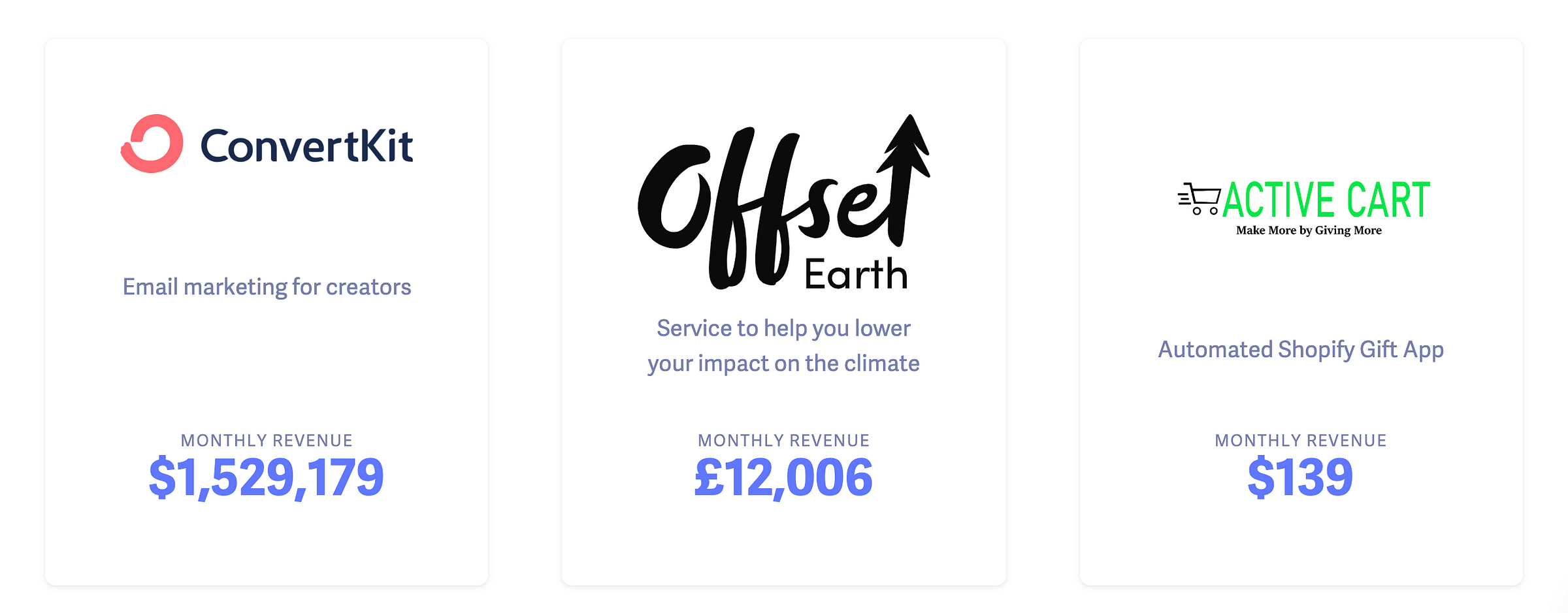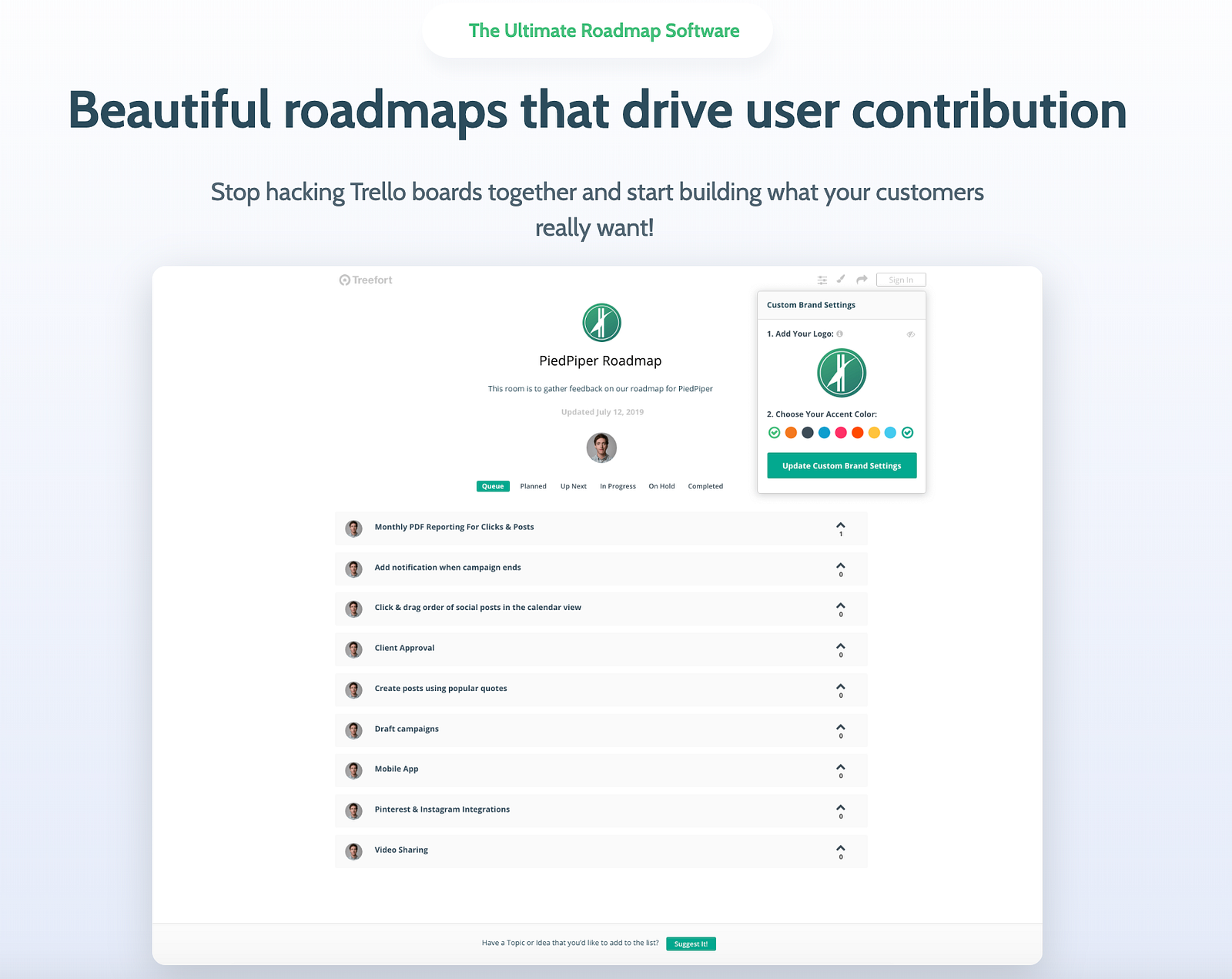Against radical transparency
5 years ago, in 2014, Buffer released their public dashboard of revenue allowing anyone to see what they were making. Since then, many others have followed — ConvertKit, RightMessage, Transistor.fm are just a few names featured on the Baremetrics list of ‘Open Startups’. The transparency trend has also extended to sharing their strategy in the form of a product roadmap.
Now I don’t consider myself, or our business EmailOctopus, particularly private. We’re open about strategy and revenue in person — at meet-ups, with friends who occasionally advise us, and most importantly with the team. We don’t have anything to hide. But sharing them publicly, putting them out for the whole world to see forever? No thank you.
On sharing revenue

As a relatively small, privately owned, self-funded, tech business what is the benefit in sharing revenue? Perhaps a few years back you could argue there was a benefit, in being unique, in doing so, but hundreds of companies now do it, jumping on the transparency train. Milestones I get, they’re fun to celebrate. But real-time metrics sharing exactly where you are this minute? Why?
By acting in stealth, keeping that important revenue metric private, at EmailOctopus can perhaps fool some competitors into thinking we are bigger (or smaller) than we are. They may worry about us more. Or they may worry about us less. But that lack of publicly shared information means that they have no idea whether they should be worrying about us at all.
Another pertinent point, more relevant to the smaller businesses (like ours) is that I don’t want people to know how much money I, or the company, may be making. It would be incredibly simple for a friend or enemy (or Tinder date) to look at our MRR, look at our staff list and make a decent guess at where I am in life. As a very reserved Englishman, I hate sharing my salary and I would like to keep it that way.
Now, if that applies to friends, how does it apply to suppliers or customers? If they know exactly what you are making, would it change the discount you get whilst renewing your annual Intercom subscription? Or would it reduce the understanding a customer has when you can’t offer them a discount?
On sharing your roadmap
Whilst it may seem like I feel strongly about not sharing revenue. I feel even more strongly about not publicly sharing your product roadmap. The only exception would be in the early days, where you’re using a roadmap and future iterations to help sell an MVP. If you are later stage, an established software company with thousands of users, then you already have a huge user base who are happy using you in your current state — why do you need to promise anything more?
By making your roadmap public you’re opening yourself up. You run the very real risk of needing to stick to it, to being driven to a vision by customers and all this whilst sharing your exact direction with competitors too. The founders should always set the vision of a company, with it informed by the customers and market trends. Founders should always be free to change direction, with minimal fuss — a public roadmap only makes that more difficult.
The trend of sharing a public roadmap has become so great there are now tens of platforms specialising in providing a place where users can input on your future plans. My biggest issue with such platforms is that they revolve around customers requesting solutions (better known as features) either via free text or via the medium of an ‘upvote’.
That is completely the wrong approach to take to product management. A business should be understanding fully their customers’ problems; only then working towards building a solution which solves it. Does an upvote for a feature mean the customer will use it? Does it mean they will leave the platform if they don’t get it? Are they happy working around not having that at all?

Relying on such tools is a product management cop out from businesses who want to say they listen to their customers, without the effort of actually speaking to them. Instead of presenting a list of solutions/features to your customers and asking for their input via upvote, seek to understand their problems through user interviews, understand their workflow and where your tool fits in their day.
Survey your customers, speak to your customers, document their problems and when you think you have a solution only then share it for detailed feedback on a 1-to-1 basis.
Sharing a roadmap is not at all necessary to shape the direction of your product. And, by keeping it private you will never have to justify why you’ve prioritised a pricing change over a request which might have hundreds of upvotes, but will never change your business.